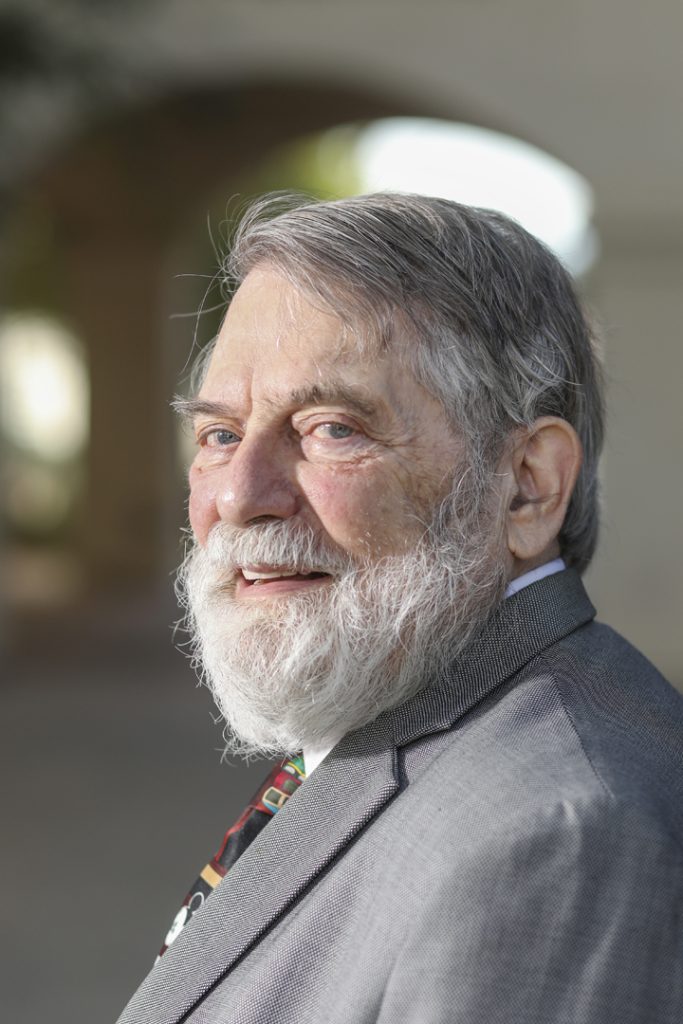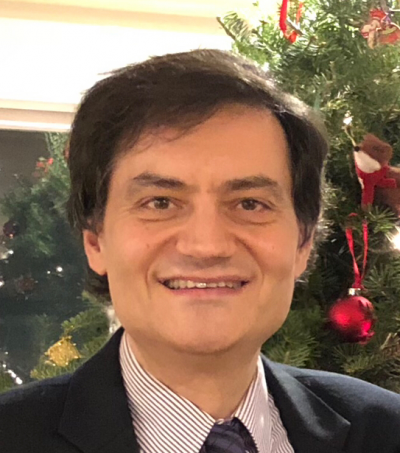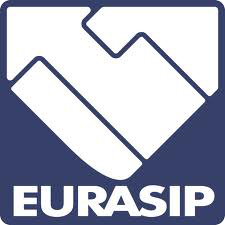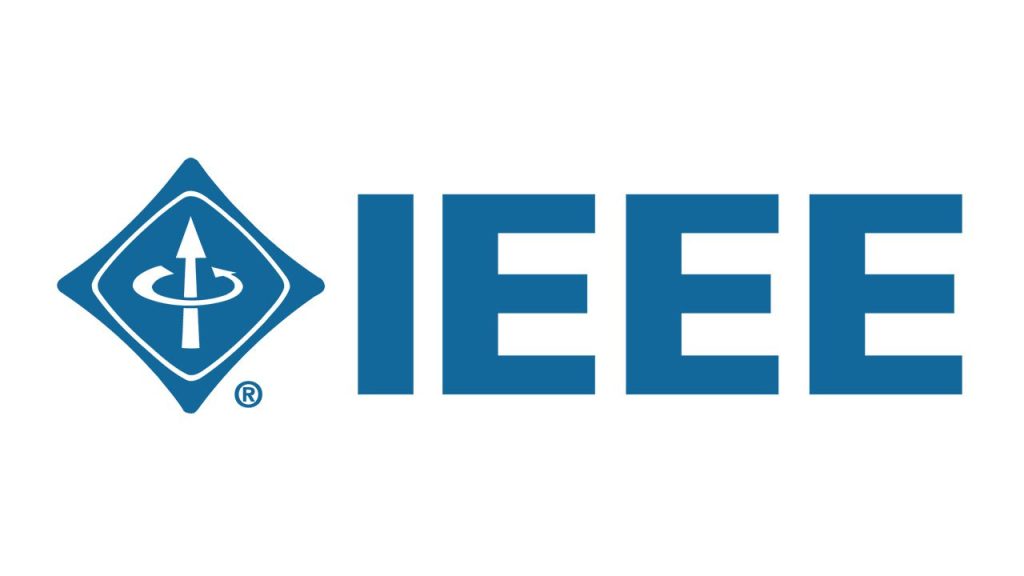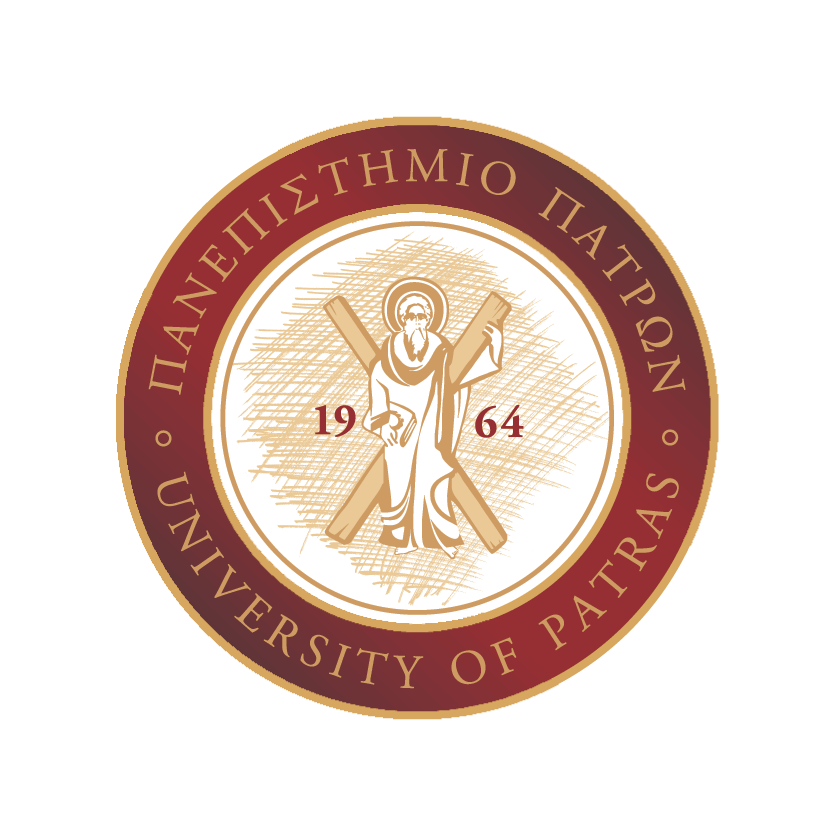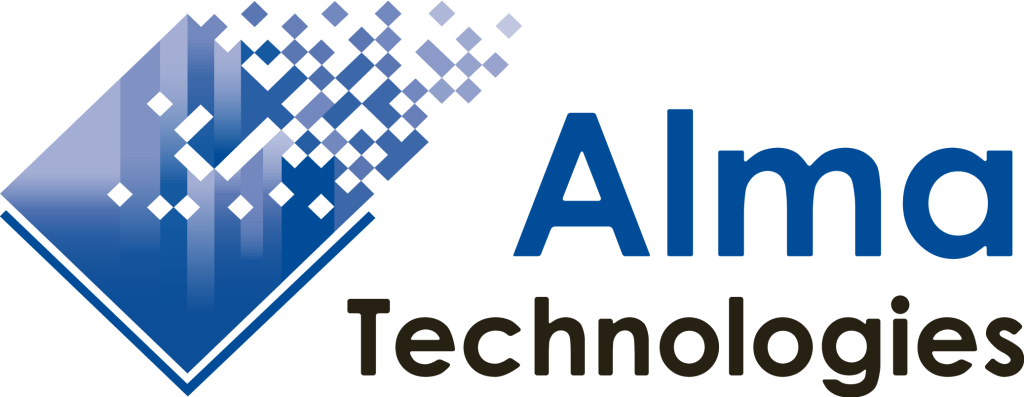Plenary Speakers
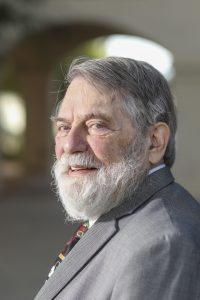
fredric j harris, Ph.D.
Professor of Electrical and Computer Engineering University of California San Diego
Speech title: Recent advances and capabilities ofpolyphase analysis and synthesis filter banks
Abstract: Multichannel receivers and transmitters are implemented by polyphase analysis and synthesis filter banks which present an ever-wideningremarkable list of desirable performance and implementation options. Over the past decade fresh capabilities have been developed. This presentation willreview the early implementation options and will show the new interesting and desirable capabilities. Much of the early activity is well documented in the first edition of my text “Multirate Signal Processing for Communication systems”. More recent work is in the second edition of the same book.
We introduce and familiarize the DSP radio and audio systems designers to new interesting and useful capabilities of this rich set of multichannel filter bank systems. We share this work with practitioners to help improve performance, reduce cost, and raise the level of designer’s satisfaction with their work. We note that modern multichannel systems span a wide range of applications from hearing aid channelizers to spaceborne systems. A persistent concern is severe limitations on power consumption and heat dissipation. Polyphase filter banks rise to the challenge and enable their use in new and interesting applications.
He has written some 260 journal and conference papers, the most well-known being his 1978 paper “On the use of Windows for Harmonic Analysis with the Discrete Fourier Transform”. He is the author of the book Multirate Signal Processing for Communication Systems and has contributed to several other DSP books. His special areas include Polyphase Filter Banks, Physical Layer Modem design, and Synchronizing Digital Modems.
He was the Technical and General Chair respectively of the 1990 and 1991 Asilomar Conference on Signals, Systems, and Computers, was Technical Chair of the 2003 Software Defined Radio Conference, of the 2006 Wireless Personal Multimedia Conference, of the DSP-2009, DSP-2013 Conferences and of the SDR-WinnComm 2015 Conference. He became a Fellow of the IEEE in 2003, cited for contributions of DSP to communications systems. In 2006 he received the Software Defined Radio Forum’s “Industry Achievement Award”. He recently received the DSP-2018 conference’s commemorative plaque with the citation: We wish to recognize and pay tribute to fred harris for his pioneering contributions to digital signal processing algorithmic design and implementation, and his visionary and distinguished service to the Signal Processing Community.
The spelling of his name with all lower case letters is a source of distress for typists and spell checkers. A child at heart, he collects toy trains and old slide-rules.
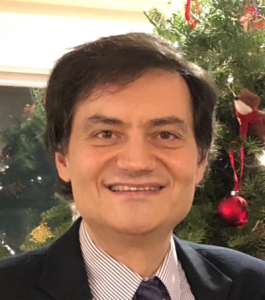
Ioannis Katsavounidis, Ph.D.
Speech title: Video Quality Metrics
Abstract: An integral part of all modern video transcoding pipeline, video quality metrics play a very important role in video capture, encoding/transcoding and delivery. We will cover the history, evolution and promising future directions in video quality metrics, highlighting some of the most important uses. The topic of compute/power complexity of video quality metrics is sometimes overlooked, but it is gaining a lot of attention lately and we will show some efforts to address it, alongside the ever important need to increase their accuracy. Finally, we will make a case for standardizing the carriage of video quality metadata in compressed bitstreams.
Short Biography: Dr. Ioannis Katsavounidis is part of the Video Infrastructure team, leading technical efforts in improving video quality and quality of experience across all video products at Meta (formerly known as Facebook). Before joining Meta, he spent 3.5 years at Netflix, contributing to the development and popularization of VMAF, Netflix’s open-source video quality metrics, as well as inventing the Dynamic Optimizer, a shot-based perceptual video quality optimization framework that brought significant bitrate savings across the whole streaming spectrum. VMAF and the dynamic optimizer awarded Netflix two technical Emmys in 2020. He was a professor for 8 years at the University of Thessaly’s Electrical and Computer Engineering Department in Greece, teaching video compression, signal processing and information theory. He was one of the cofounders of Cidana, a mobile multimedia software company in Shanghai, China. He was the director of software for advanced video codecs at InterVideo, the makers of WinDVD, the most popular SW DVD player, in the early 2000’s and he has also spent 4 years working in high-energy experimental Physics in Italy. He is one of the co-chairs for the statistical analysis methods (SAM) and no-reference metrics (NORM) groups at the Video Quality Experts Group (VQEG). He is actively involved within the Aliance for Open Media (AOM) as co-chair of the software implementation working group (SWIG). He has over 150 publications, including 50 patents. His research interests lie in video coding, quality of experience, adaptive streaming, and energy efficient HW/SW multimedia processing.

